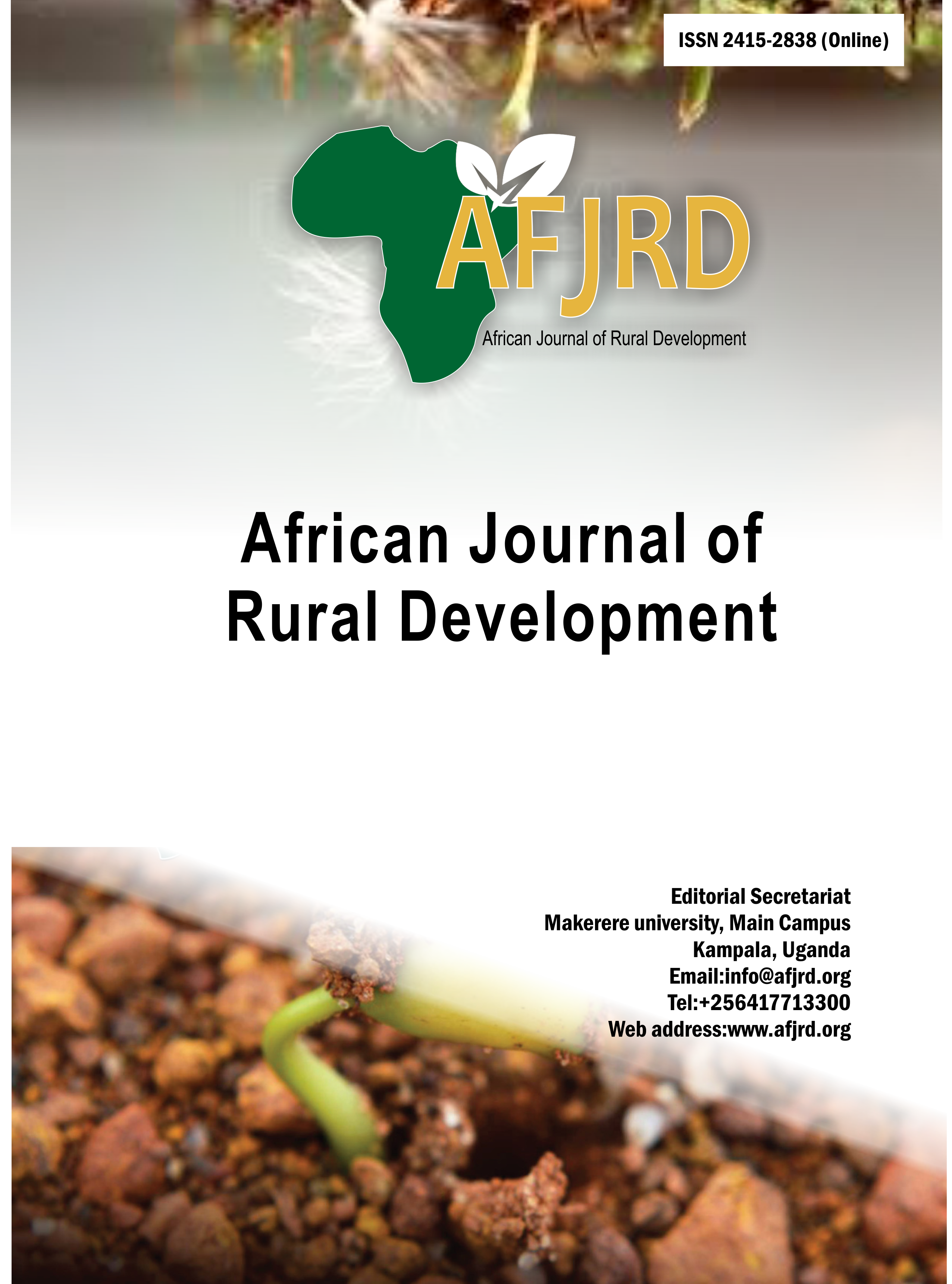Advances in market-oriented approaches for legume breeding in eastern Africa
Main Article Content
Abstract
The overall objective of plant breeding is genetic improvement of whole plants or specific parts or traits to increase their economic value and meet needs of end-users. In eastern Africa, several approaches have been used in legume breeding ranging from classical to molecular. However, emphasis has been genetic and agronomic improvement with limited attention given to the business side. This has contributed to low adoption and utilisation of improved varieties in Africa (38%) compared to 60-80% reported in other regions of the world. Before 1985, breeding programmes were monolithic focusing on yield and
disease resistance with little consideration of farmer and consumer preferences. Farmer participatory and on-farm approaches developed in the early 1990s, focused on household food security resulted in slightly improved adoption. Market-led strategy was developed in 2000, and implemented in bean breeding programmemore than 20 African countries,further improved adoption but only to modest rate of 36%. Between 2014 and 2017,a demand-led breeding strategy was developed by a consortium of institutions. Unlike previous breeding approaches, demand-led breeding is business oriented, and is based on six cardinal principles: client preferences, value chain analysis, market research, market trends and drivers, integration of public and private sector expertise, and a multidisciplinary approach in variety design and solution development.Case studies of breeding pigeonpea,dry and canning beans indicate that application of this approach requires breeders to learnnew skills, working with non-traditional partners and understanding market dynamics.
Article Details

This work is licensed under a Creative Commons Attribution 4.0 International License.
